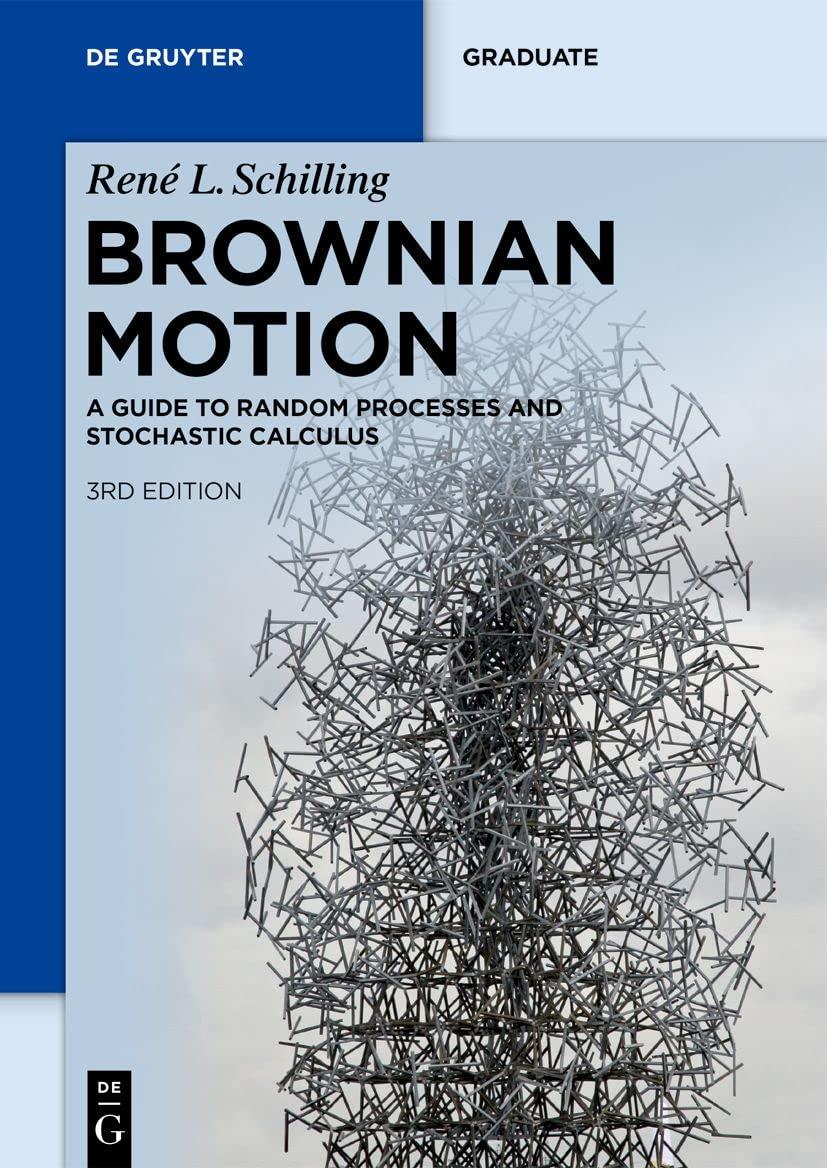Pick any orthonormal basis (left(e_{k}ight)_{k geqslant 1}) of (H). Let (alpha in mathbb{N}_{0}^{(infty)}), i.e. (alpha=left(alpha_{1}, ldots, alpha_{N},
Question:
Pick any orthonormal basis \(\left(e_{k}ight)_{k \geqslant 1}\) of \(H\). Let \(\alpha \in \mathbb{N}_{0}^{(\infty)}\), i.e. \(\alpha=\left(\alpha_{1}, \ldots, \alpha_{N}, 0,0, \ldotsight)\) where \(N \in \mathbb{N}\) and \(\alpha_{1}, \ldots, \alpha_{N} \in \mathbb{N}_{0}\), and define \(e_{\alpha}:=\bigotimes_{k} e_{k}^{\otimes \alpha_{k}}\), i.e.\[e_{\alpha}=\bigotimes_{k=1}^{\infty} e_{k}^{\otimes \alpha_{k}}=\underbrace{e_{1} \otimes \cdots \otimes e_{1}}_{\alpha_{1} \text { factors }} \otimes \cdots \otimes \underbrace{e_{k}\otimes\cdots\otimes e_{k}}_{\alpha_{k} \text { factors }} \otimes \cdots\]
We agree that \(e^{\otimes 0}\) means "leave this factor out" and \(|\alpha|=\sum_{i=0}^{\infty} \alpha_{i}\). By \(\widehat{e}_{\alpha}\) we denote the symmetrization of \(e_{\alpha}\).
a) \(\left\langle e_{\alpha}, e_{\beta}ightangle_{L^{2}\left(\mathbb{R}_{+}^{n}ight)}=\delta_{\alpha, \beta}\) if \(|\alpha|=|\beta|=n\).
b) \(\left\|\hat{e}_{\alpha}ight\|_{L^{2}\left(\mathbb{R}_{+}^{n}ight)}=\left(\prod_{1}^{\infty} \alpha_{k} !ight) / n\) !
Step by Step Answer:

Brownian Motion A Guide To Random Processes And Stochastic Calculus De Gruyter Textbook
ISBN: 9783110741254
3rd Edition
Authors: René L. Schilling, Björn Böttcher





